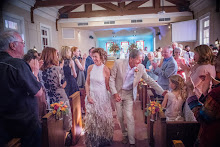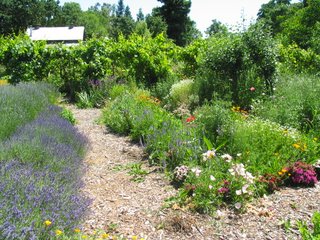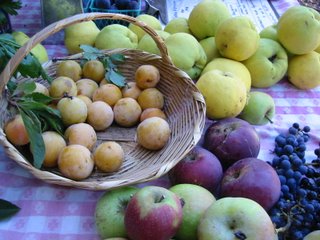Wednesday, Sept. 20: The Big Rush
THE BIG RUSH
This is our excuse: we need our cars because we are in a hurry. We don’t have half an hour to “get there.” We need to “get there “ in ten minutes. So we take the car.
We are “late,” so we take the car.
We have “something to go to” next, so we take the car, since we’ve scheduled things just a few minutes apart.
(This is an essay for a small town, Sonoma to be exact, where everything is a mile or two away from each other and there are plenty of flat, more or less car free roads on which to ride a bicycle, and a long bike path off on it's own in addition. What to do in a place like L.A. is no small question, and then again: slowing down the speed of our driving and the pace of our lives and bringing our attention back to right now: this will work in any city, town, village or forest. Or boat. Or desert. You get the idea.)
Which means what: we are in a rush. The clock is running our lives. We are ruining the Earth. And what’s the solution?
Slow down.
Slow down.
That’s how this site got named Slow Sonoma. I was running for City Council a couple of years ago, and my message was: slow down. Slow down the rate of building. Slow down the speed we drive our cars. Slow down and get out of our cars and walk. Slow down and come back to the present, where life is really lived.
I didn’t win and in the aftermath, I went to a lot of City Council meetings after to prepare for running again, and I saw this on the council: people asleep. People in a rush who had to drive their cars the mile or less to the meeting. People talking about ecology and totally disconnected from living it. It wasn’t for me. I was glad I hadn’t won.
And the ideas are still good: how many days a week can we stay out of our cars? How many minutes of our day can we come to the present and really be at one with our life?
Even this minute, even this moment?
You betcha.
Todays's essay in WakeUp Feldenkrais is about the glories of Feldenkrais in allowing us to Lie Down, Slow Down and Learn.








